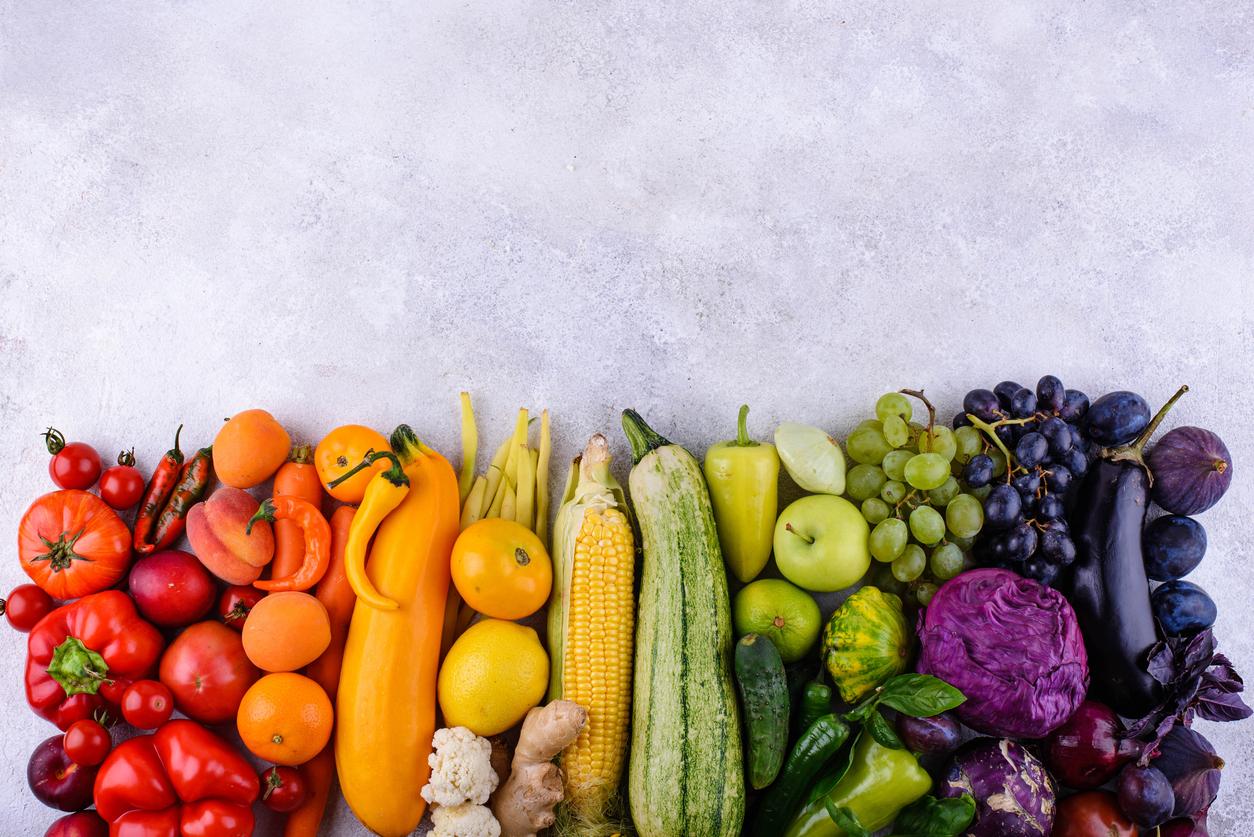Is organic food healthier?
Organic is popular, even in the midst of a recession. 3.9 million households buy sustainable products. So it’s high time to list the facts and fables about organic food and health.
Organic is popular. Consumer spending on organic food in Dutch supermarkets rose by 29.1 percent in the first half of 2011 to 195 million euros.
1. Organic is healthier
Not true. If you look at the long term, this seems unquestioned. After all, a healthy planet benefits all of us. But direct profit for your body, that’s something else. More than 100 large studies have been done and they show that there is in any case not a big difference between biological and normal. There is hardly any evidence for great discoveries, such as that you get a better immune system from organic food.
2. A cow that grazes grass produces healthier milk
True. It turns out that a cow that grazes in the meadow produces milk with less saturated fat and more omega-3, CLA fatty acids, vitamin E and beta-carotene. So good for cows and humans. But, not only organic cows eat grass. 80 percent of Dutch cows are outside for more than 120 days. This is a requirement for organic cows, so it is 100 percent. Incidentally, the milk of all cows is less healthy in the winter than in the summer, because then organic cows are also kept indoors more.
3. An animal that eats organically produces a healthier product
Not true. There is a lot of experimentation with feed, because this has a lot of influence on the health of animals and possibly also on the final product. There is therefore a chance that in the future animal feeds will also be developed that actually produce healthier products. This has not yet been proven for organic feed. Sometimes the opposite is true, for example with chickens with free range outside. Eggs from these chickens may contain more dioxins. The sector is trying to keep the amount of dioxins as low as possible.
4. Organic products such as chips contain less acrylamide
Sometimes true. Processed potato products, such as chips and French fries, contain acrylamide. This substance has been shown to be carcinogenic in laboratory animals. According to scientists, this probably also applies to humans. There are organic producers that have really focused on a lower acrylamide content, but that also applies to some regular producers. A test by the Food and Consumer Product Safety Authority (VWA) in 2007 showed no major difference between organic products and ordinary products. On other fronts, organic chips and crisps often score well. During the development, the manufacturer has not only paid attention to the environment, but also to health. There are then fewer calories and saturated fat in average products.
5. Organic fruits and vegetables are non-toxic
True. But, according to the VWA, that also applies to regular vegetables. There are strict standards for the residues of pesticides that may be on fruit and vegetables. However, occasionally things go wrong. Unfortunately, this can also happen with an organic product, because not all (bacterial) pesticides are banned in that sector. Nevertheless, hardly any exceedances are found for organic products. According to certain studies, organic fruit and vegetables would contain more healthy substances, such as antioxidants, but this has also been refuted by other research. Vitamin levels are much more related to whether a product quickly lands in your shopping cart, what season you buy it in, etcetera.
6. Eating organic makes you feel better
Maybe true. You often also buy organic products for the good feeling. The studies so far have focused very much on the products. Can certain substances be detected, what are the differences? A lot of research is currently being done on this. Do you feel better when you eat organic? Did you have complaints that have diminished after you switched? There are people who saw their allergies decrease or who felt fitter. Moreover, the same may apply to fans of organic as it does to vegetarians. Research shows that vegetarians often eat healthier than meat eaters. According to some scientists, this is mainly because they buy, cook and eat more consciously. Your body always has something to do with that.















